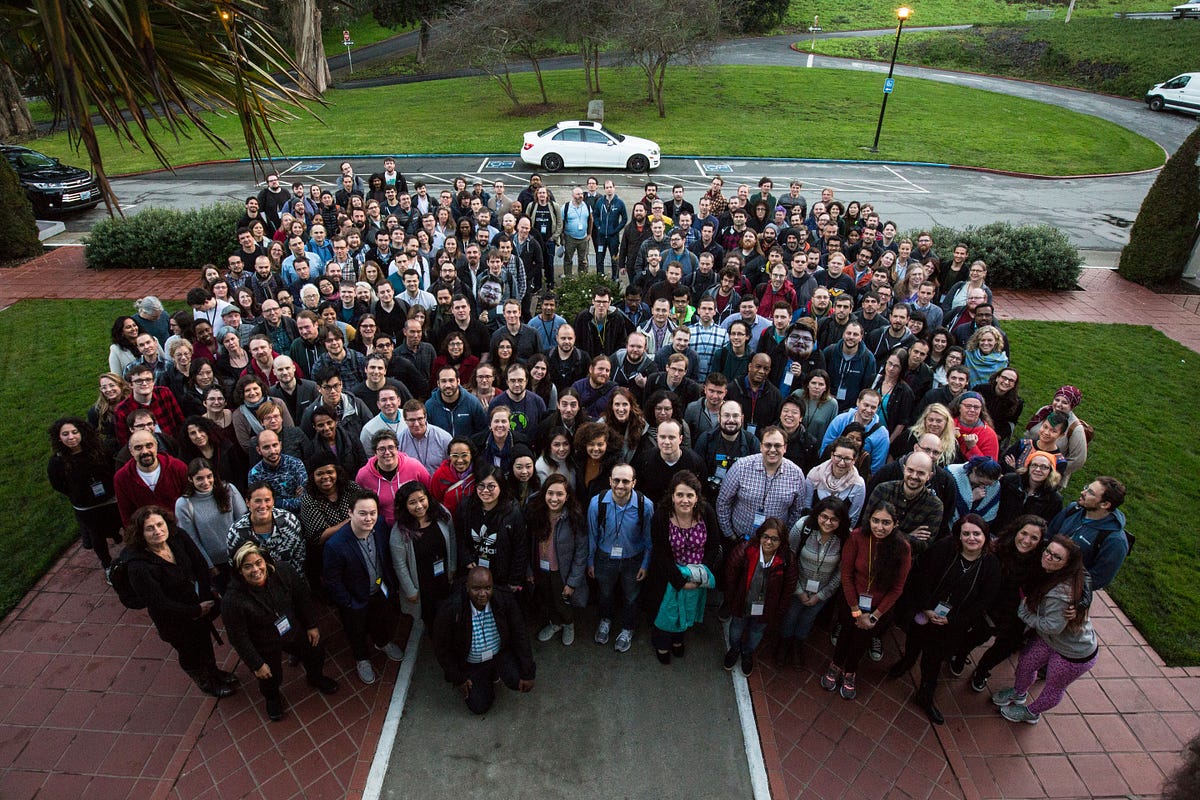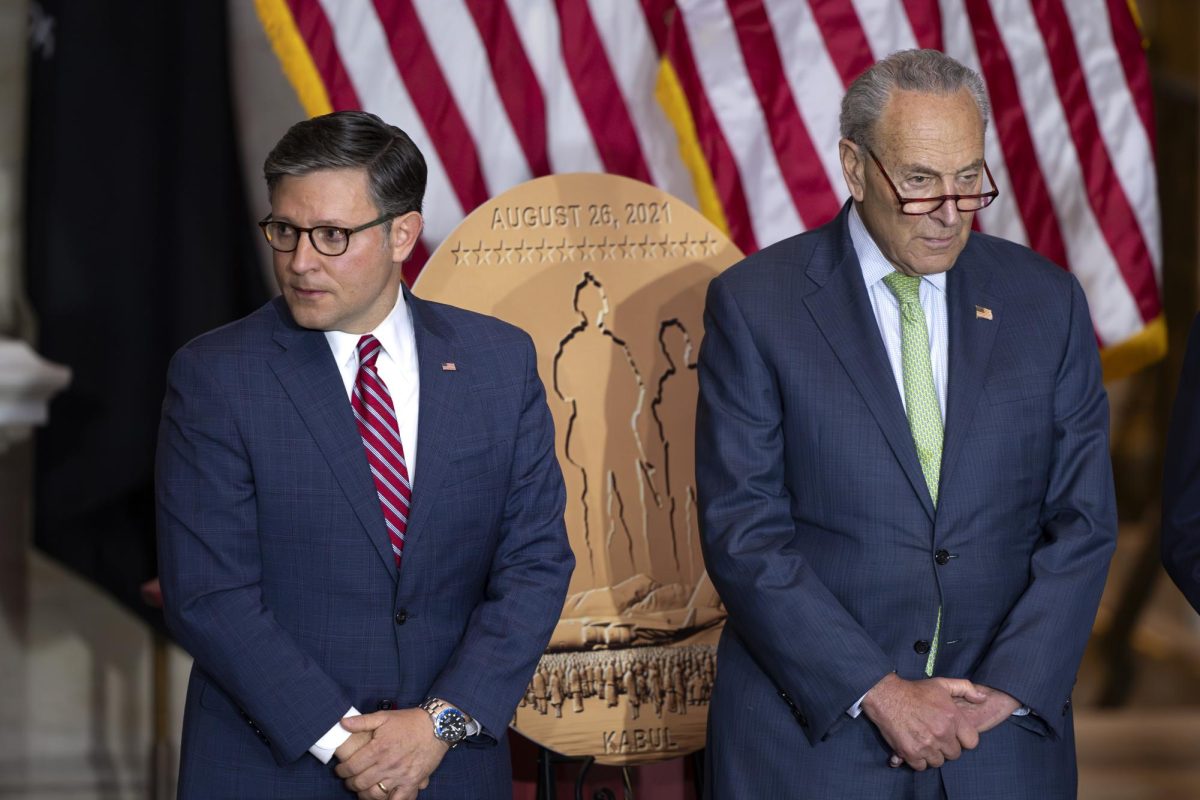As the current Congress comes to a close, one last big issue remains for lawmakers to tackle before they go on recess for the holiday: the budget. The current 118th Congress, one of the most divided in history, comprises 51 Senate Democrats, 49 Senate Republicans, 220 House Republicans and 213 House Democrats, with two vacant seats.
Over the past two years, this Congress has shown a severe lack of bipartisanship, which has led to gridlock when it comes to passing the budget. There have been many attempts to pass this Congress’s federal budget, all of which have been met with a continuing resolution (CR). This temporary budget allows the government to continue working while making a new budget, being passed at the very last minute.
However, this time it’s different. On Dec. 19, the House will go into recess, followed by the Senate on Dec. 20. After Dec. 20, the 118th Congress will end along with an opportunity to pass a budget, and the new 119th Congress will replace it on Jan. 3, 2025. In the 119th Congress, the House will comprise 220 Republicans and 215 Democrats, and the Senate will have 53 Republicans, 45 Democrats and two Independent candidates caucusing with Democrats.
The 118th Congress has passed multiple continuing resolutions over the past two years, each time barely passing it before the deadline. Still, since Democrats won’t hold the majority in the Senate or House starting next year, they hope to get a budget passed that includes some of their interests like funding for Ukraine and Social Security. According to NBC News, even though he realizes that this is the last chance for Democrats to have control over the budget, Senate Majority Leader Chuck Schumer, a Democrat from New York, argues that “[Democrats] need to keep divisive and unnecessary provisions out of any government funding extension, or else it will get harder to pass a [continuing resolution] in time.”
Although they will have complete control of Congress starting next year, Republicans are also concerned about passing a budget. Sahil Kapur, an NBC News writer, explains that “[Republicans] would have more leverage to shape government funding in the new year,” but it will take time away from confirming President-elect Trump’s cabinet members and passing bills that would extend the Trump tax cuts and advance their immigration and border security agenda. Senator John Kennedy, a Republican from Louisiana, believes that there won’t be a full budget by Dec. 20, but he “[expects them] to have a CR probably through the middle of March.” He also thinks that the CR will have a significant amount of money attached for disaster relief funding after the multiple hurricanes that ravaged the Southeast US this year.
Another factor is also at play though. House Republicans are reluctant to pass a new, full budget that takes Democratic interests into account, saying that if they just pass a CR, they would have full control over the budget when it expires. This puts the Speaker of the House, Representative Mike Johnson from Louisiana, in a tough position. If he works with Democrats to pass a budget, he risks not getting re-elected as Speaker of the House, further cutting into the already slim Republican majority, so it’s highly unlikely that a new budget will be passed by Congress.
All in all, even if members of Congress are willing to work together with members of the opposite party, we probably won’t have a full budget by Dec. 20, leading to yet another continuing resolution and another looming deadline early next year.




















